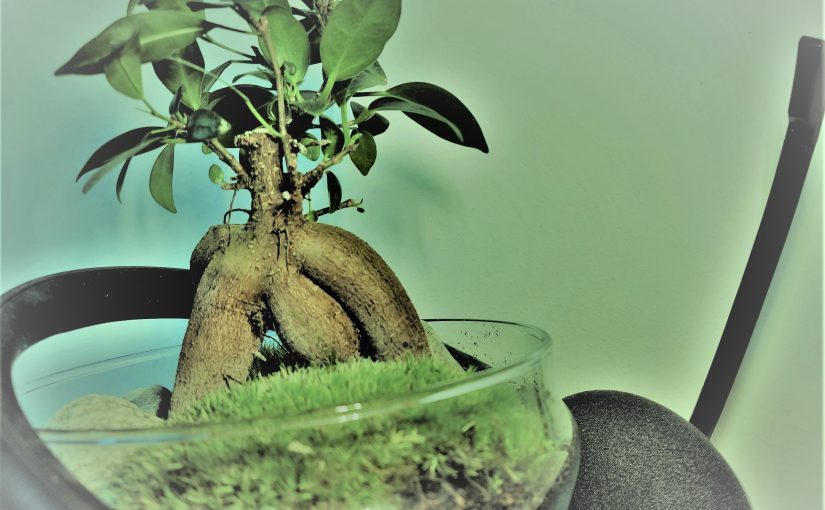No more traveling, paper coffee cups and the like … instead it’s videoconference interpreting, paperless office, and paperless booth (or no booth at all, for that matter) … so could we be any more eco-friendly at all? We could indeed – after all, we are generating tons of digital waste in our “new normal” everyday life. Huge amounts of data is stored in data centres and being sent back and forth from “the cloud” to our personal devices every second, all of which requires computing power and drives energy consumption. Just writing and sending an email releases ten grams of CO2 – this is one of the things I learnt from Siegfried Behrendt, head of the “Resources, Economics & Resilience” department at the Institute for Future Studies and Technology Assessment in Berlin, in this article by Thomas Röbke (link to the German version below). It is a really interesting read about how to reduce our computer- or cloud-related carbon footprint.
Here are some tips I found relevant for conference interpreters (and ordinary human beings):
- Use climate-neutral email providers, search engines (like Ecosia or Gexsi), streaming platforms (Betterstream), and online shops.
- When streaming videos, choose standard definition (SD) instead of high definition (HD) or ultra-high definition (UHD).
- Switch of your camera in videoconferences if there is no need for you to be seen (which, on the other hand, makes meetings less communicative). Consider making phone calls instead of zooming from time to time. Consider using a chat instead of a parallel video connection to stay in touch with your remote boothmate.
- Avoid sending unnecessary emails and saving them forever on your provider’s server. Empty your sent folder regularly. For example, when organising a large team of interpreters, avoid sending all documents in all languages to the whole team.
- Don’t send pictures if you can send texts instead (e.g. a link instead of a screenshot of a webpage). Delete pictures you don’t need (Do you really need five versions of the same motive?).
- Choose a cable or Wifi over a mobile data connection, which is the most energy-intensive option.
- Don’t duplicate all your data by saving it permanently on your hard drive and in the cloud. However, this makes observing the backup rule of three more difficult. Alternatively, you can start by using external hard drives or USB sticks to backup data you don’t normally need access to (more data on your hard drive requires more computing power).
There are certainly many more things we can do to become greener digital conference interpreters, or citizens. Just drop me a line or leave a comment to share your thoughts!
Further reading on how to be a green conference interpreter:
Grüne Dolmetscherin – Interview mit Sarah King von Caterina Saccani
Make IT Green – Cloud Computing and its Contribution to Climate Change by Greenpeace
Digitaler Abfall lässt sich vermeiden – brigitte.de
About the author
Anja Rütten is a freelance conference interpreter for German (A), Spanish (B), English (C), and French (C) based in Düsseldorf, Germany. She has specialised in knowledge management since the mid-1990s.

Leave a Reply